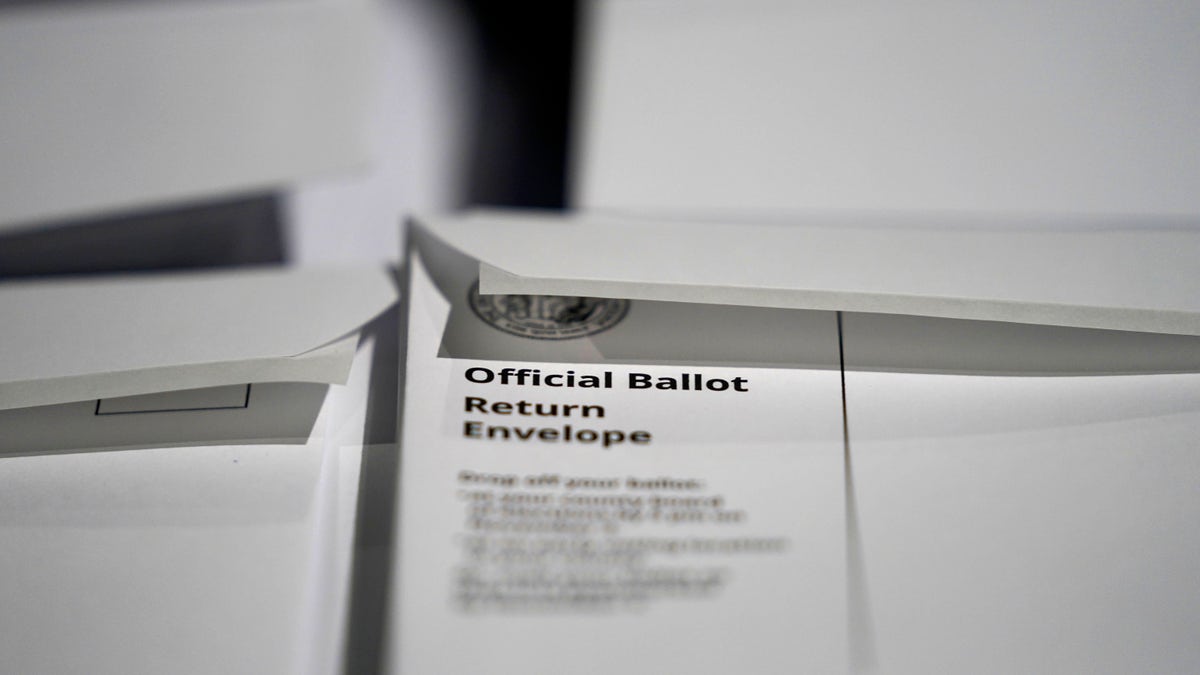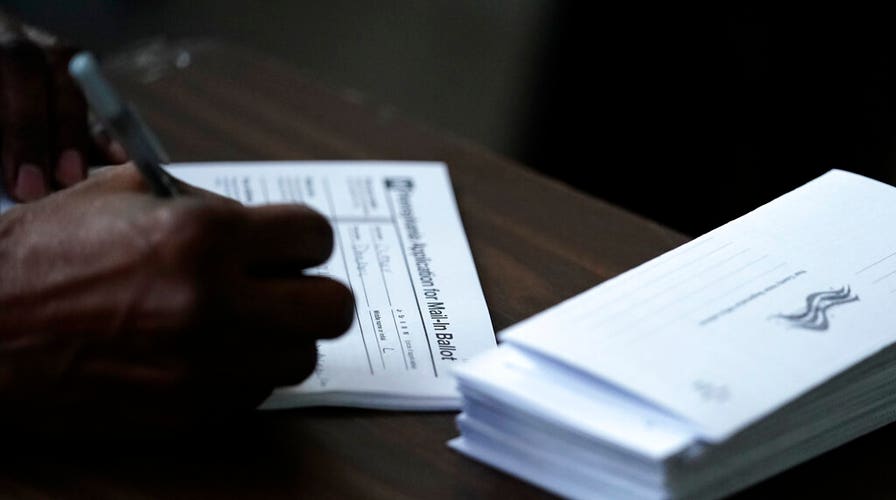The U.S. Supreme Court said Friday it would review a 2016 Arizona law that prohibits anyone but a family member or caregiver from returning another person’s early ballot.
In January, a federal appeals court ruled that Arizona’s law banning so-called “ballot harvesting” violates the Voting Rights Act and the Constitution. Any further action has been stayed until the Supreme Court weighs in on the matter. Its new term begins next week.
The appeals court also found that Arizona's policy of discarding ballots if a voter went to the wrong precinct violates the law, arguing both measures have a discriminatory impact on minority voters.

(AP Photo/Gerry Broome, File)
The harvesting case began with Democrats suing over a law passed by Arizona Republicans that made it a felony to return someone else’s ballot to election officials in most cases.
Both parties had used ballot collection to boost turnout during elections by canvassing – asking voters if they had completed their mail-in ballots.
Democrats, who found success in minority communities, said Republicans introduced the measure because of their accomplishments, while Republicans said the law was aimed at preventing election fraud. It remains in effect until the Supreme Court rules.
Arizona Attorney General Mark Brnovich, a Republican, wrote in a statement that he is pleased the high court will hear the case.
The eight justices will not be returning to the courtroom to hear arguments in person due to the coronavirus pandemic but will participate over the telephone.
In recent years, the Supreme Court – closed to the public since March – has weakened the Voting Rights Act, the Associated Press reported. In 2013, the justices invalidated a key part of the law, allowing nine states to change their election laws without federal approval.
CLICK HERE FOR THE FOX NEWS APP
“Our country has changed,” Chief Justice John G. Roberts Jr. wrote for the majority. “While any racial discrimination in voting is too much, Congress must ensure that the legislation it passes to remedy that problem speaks to current conditions.”






